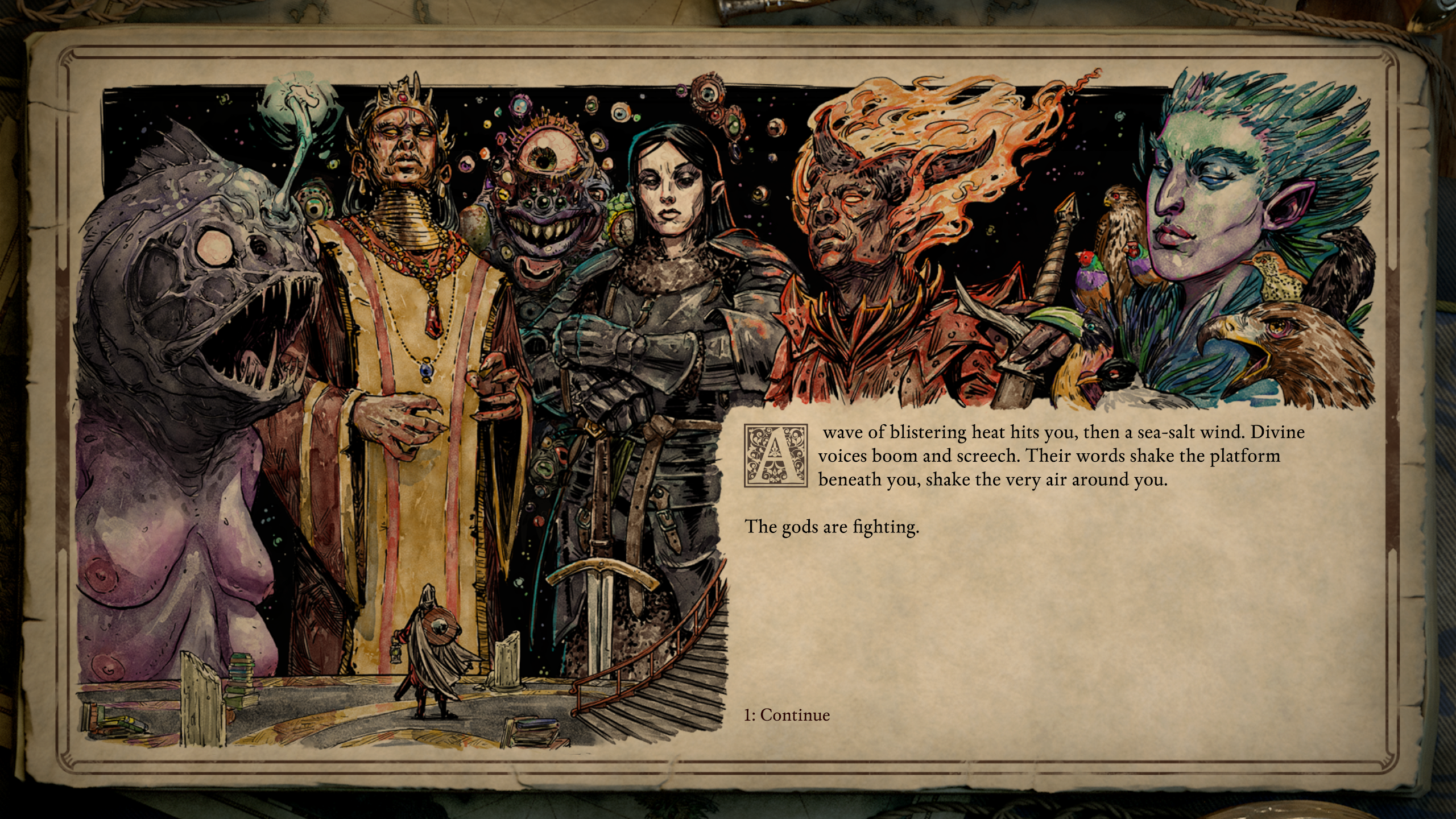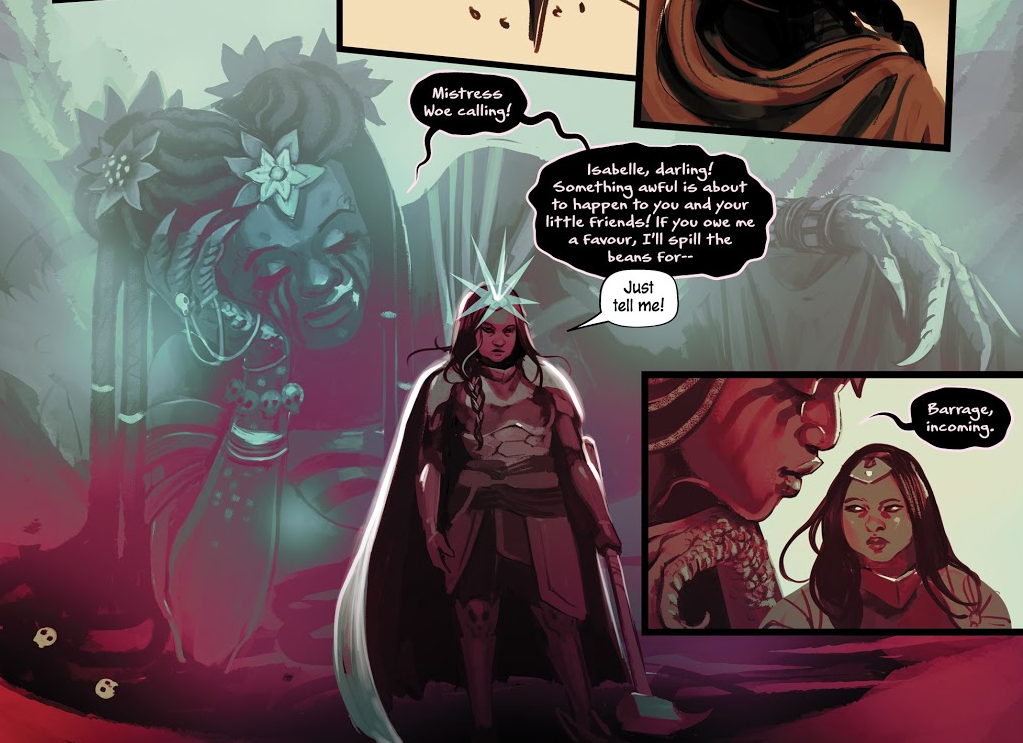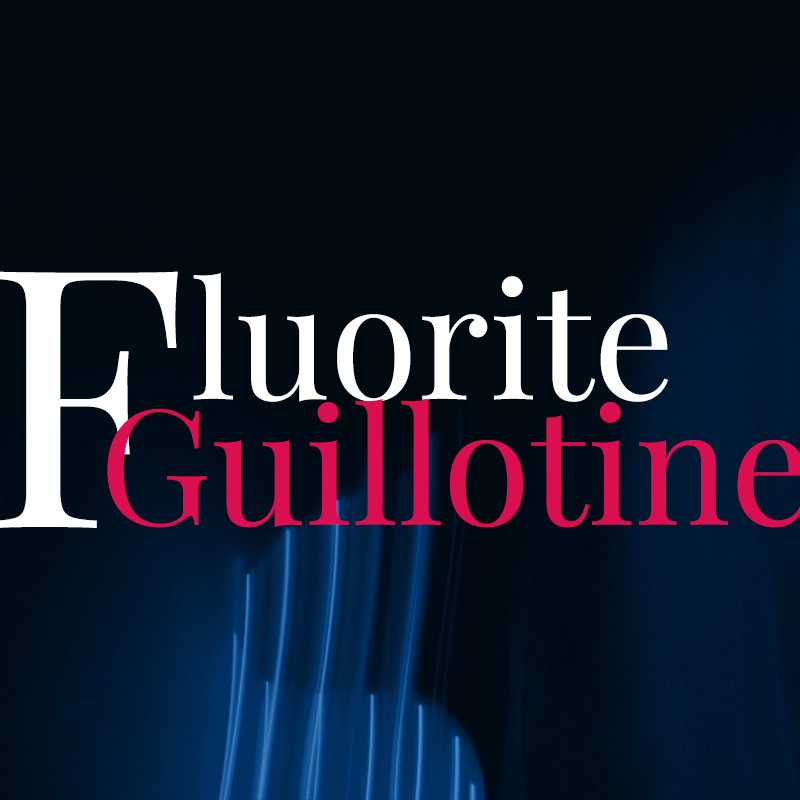I’ve never seen a cleric done well.
A few days ago, I finished a (re-) playthrough of Pillars of Eternity II: Deadfire, in anticipation of playing Obsidian’s new game in the same setting, Avowed. There are a lot of things I like about Deadfire, but it’s a game that gives very little moment to moment satisfaction for me. The game involves a lot of running around an archipelago to help competing factions assume dominance. By currying favor with them, you hope to secure support to chase down a god gone rogue.
This is the spice that I love about Eora, Obsidian’s fantasy setting.

You play as the Herald of Berath, god of death, cycles, and doors. Eothas, god of light, has assumed the form of a crystalline titan and marches to break the divine machine of reincarnation. In his rampage, you are killed and your soul stolen from you. Berath temporarily restores your soul in return for your service as her agent, tasked to follow Eothas and foil his plans. Throughout your journey in Deadfire, the various gods in Eora’s pantheon attempt to influence you. They give you blessings for performing favors or punish you for ignoring them. Despite your usefulness, they do not care whether you live, and call down multiple natural disasters near you in a fruitless attempt to stop Eothas.
I think that unless you’re willing to follow the concept of gods to its natural conclusion, you have no business including clerics in your game. Dungeons & Dragons 5E is the ultimate disappointment in this regard: their powers are derived from domains, “power themes”, rather than an intimate relationship with a divine power. The best rpg I’ve seen tackle gods is DIE.

Gillen defines his Godbinder class as the demonologist interpretation of clerics. The premise of godbinders is that they receive power through bargain with the gods. They trade favors and incur debt and pay it off by performing services for the gods. Unlike clerics, power is not assumed: it must be bartered for on a case-by-case basis. In return, godbinders are able to call upon divine miracles beyond any cleric, if they’re willing to pay the price.
I haven’t run any games with clerics or gods. The Serket Hack has neither by design: the powers in the Echolands are all people. If I was going to run a god game, this is what I think:
The gods should speak to you. It should be personal; they should know your name — they should know everyone’s name. They should speak in burning bushes and artifacts handed to you from shadowy cult members. They should speak through visions in the night and portents in the day. Running from a god should be common but not necessarily successful. Gods are jealous and they like to lie in order to serve their own interests. Gods are childlike in the way that they have an ego which brooks no contradiction. A god wants to be known, even if it means reminding the world through hurricane. The gods are forces of nature — physics with a personality — and they demand worship. Worship is not the same as belief. The factual existence of the god is never under question; “believers” are the churches and cults that devote themselves to the god. Worship is about respect: sacrifices and symbols, swearing by their name, death rites and marriage customs.
Being a cleric should mean something.
